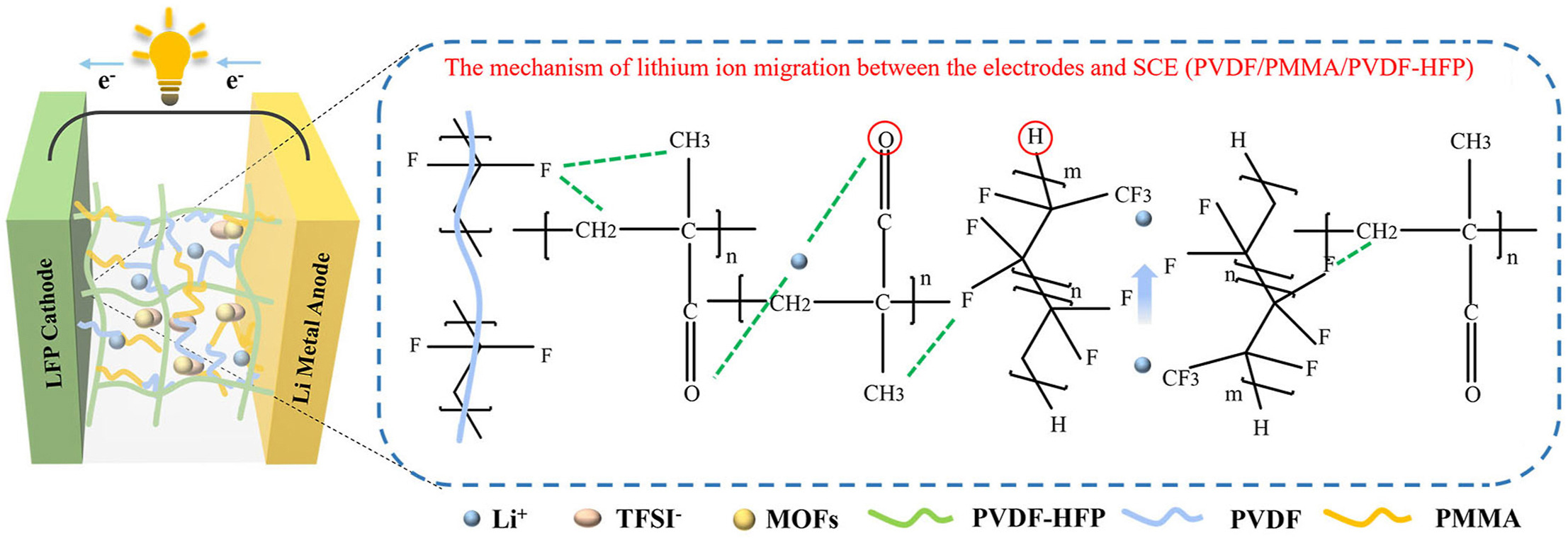-
Volumes 84-95 (2024)
-
Volume 92
Pages 1-316 (September 2024)
-
Volume 91
Pages 1-378 (August 2024)
-
Volume 90
Pages 1-580 (July 2024)
-
Volume 89
Pages 1-278 (June 2024)
-
Volume 88
Pages 1-350 (May 2024)
-
Volume 87
Pages 1-338 (April 2024)
-
Volume 86
Pages 1-312 (March 2024)
-
Volume 85
Pages 1-334 (February 2024)
-
Volume 84
Pages 1-308 (January 2024)
-
Volume 92
-
Volumes 72-83 (2023)
-
Volume 83
Pages 1-258 (December 2023)
-
Volume 82
Pages 1-204 (November 2023)
-
Volume 81
Pages 1-188 (October 2023)
-
Volume 80
Pages 1-202 (September 2023)
-
Volume 79
Pages 1-172 (August 2023)
-
Volume 78
Pages 1-146 (July 2023)
-
Volume 77
Pages 1-152 (June 2023)
-
Volume 76
Pages 1-176 (May 2023)
-
Volume 75
Pages 1-228 (April 2023)
-
Volume 74
Pages 1-200 (March 2023)
-
Volume 73
Pages 1-138 (February 2023)
-
Volume 72
Pages 1-144 (January 2023)
-
Volume 83
-
Volumes 60-71 (2022)
-
Volume 71
Pages 1-108 (December 2022)
-
Volume 70
Pages 1-106 (November 2022)
-
Volume 69
Pages 1-122 (October 2022)
-
Volume 68
Pages 1-124 (September 2022)
-
Volume 67
Pages 1-102 (August 2022)
-
Volume 66
Pages 1-112 (July 2022)
-
Volume 65
Pages 1-138 (June 2022)
-
Volume 64
Pages 1-186 (May 2022)
-
Volume 63
Pages 1-124 (April 2022)
-
Volume 62
Pages 1-104 (March 2022)
-
Volume 61
Pages 1-120 (February 2022)
-
Volume 60
Pages 1-124 (January 2022)
-
Volume 71
- Volumes 54-59 (2021)
- Volumes 48-53 (2020)
- Volumes 42-47 (2019)
- Volumes 36-41 (2018)
- Volumes 30-35 (2017)
- Volumes 24-29 (2016)
- Volumes 18-23 (2015)
- Volumes 12-17 (2014)
- Volume 11 (2013)
- Volume 10 (2012)
- Volume 9 (2011)
- Volume 8 (2010)
- Volume 7 (2009)
- Volume 6 (2008)
- Volume 5 (2007)
- Volume 4 (2006)
- Volume 3 (2005)
- Volume 2 (2004)
- Volume 1 (2003)
Sijia Wang a, Liang He a, Mengting Wang a, Xingtong Guo a, Xiangyun Qiu b, Shoudong Xu c, Petr Senin d, Ting Bian a, Tao Wei a *
• SCEs based on PVDF-HFP/PMMA matrix containing MOFs and LiTFSI were designed and synthesized.
• PMMA was firstly used in polymer-based solid-state electrolyte.
• Use of PMMA can obtain good interfacial stability and low interfacial impedance with lithium metal electrodes.
• Synergistic effect of MOFs and PMMA enables satisfying electrochemical performances.
For all-solid-state lithium batteries (ASSLBs), polymer-blended solid composite electrolytes (SCEs) have drawn wide interest owing to their significance in improving the interfacial solid-solid contacts and inhibiting the growth of lithium dendrites. In this work, SCEs based on PVDF-HFP/PMMA matrix containing MOFs (NH2-MIL-53(Al)) and LiTFSI were designed and synthesized employing an easy solution casting method. The synthesized samples were examined by XRD, SEM, EDS, and electrochemical tests. It was found that MPP-2 SCE not only has excellent ionic conductivity at 60 °C of 5.54 × 10−4 S cm−1, but also exhibits superior interfacial compatibility in Li||Li symmetric batteries, which can constantly cycle for about 800 h at 0.1 mA cm−2 with no short-circuiting. The assembled Li|MPP-2|LiFePO4 cell exhibited a first discharge specific capacity of up to 157.1 mAh g−1 at 60 °C and 0.2 C. This work may help to further advance the progress of ASSLBs in the future.

